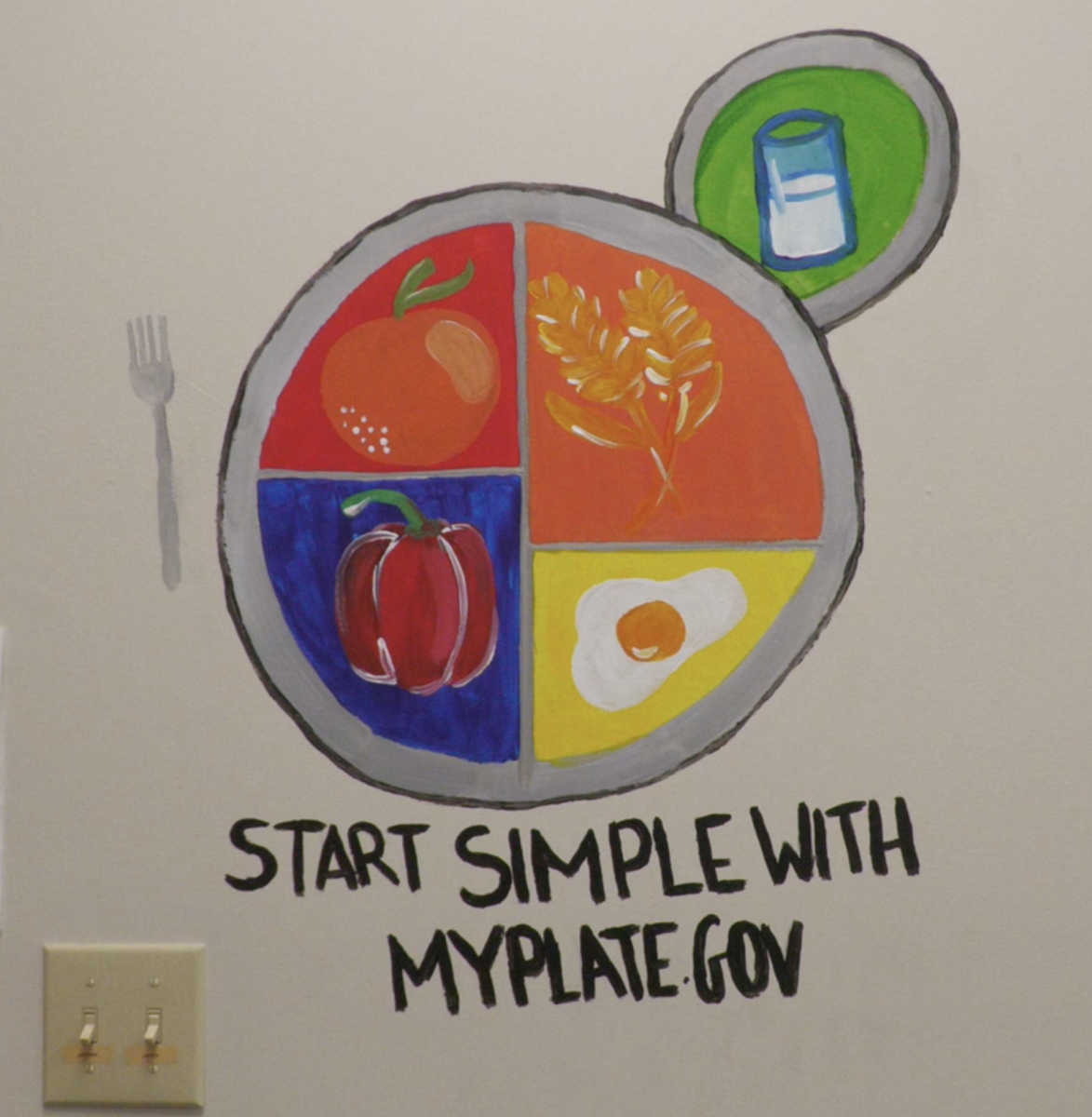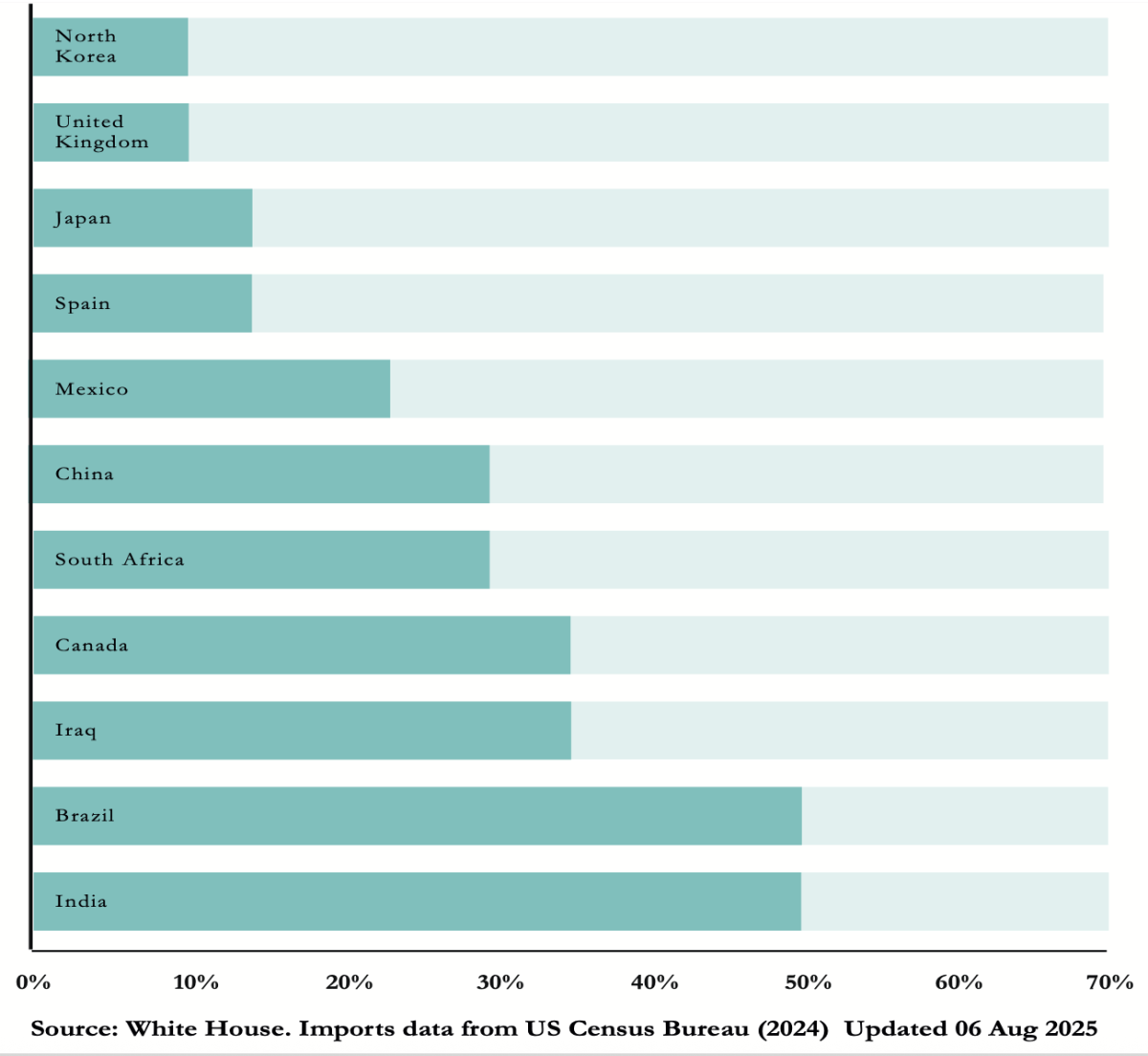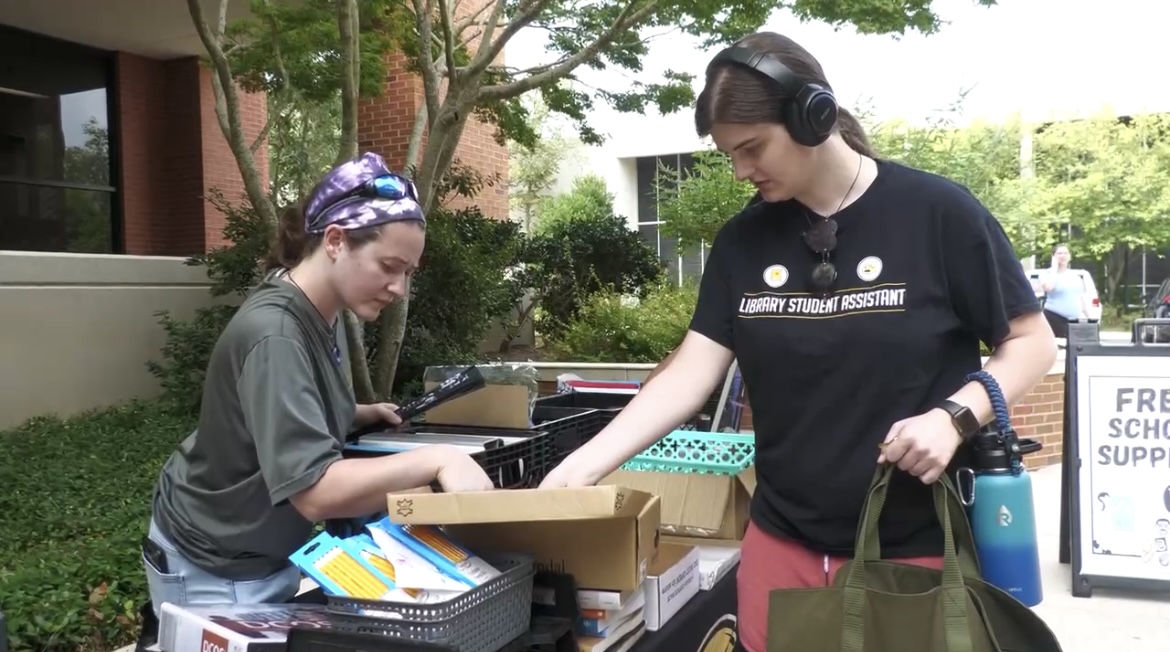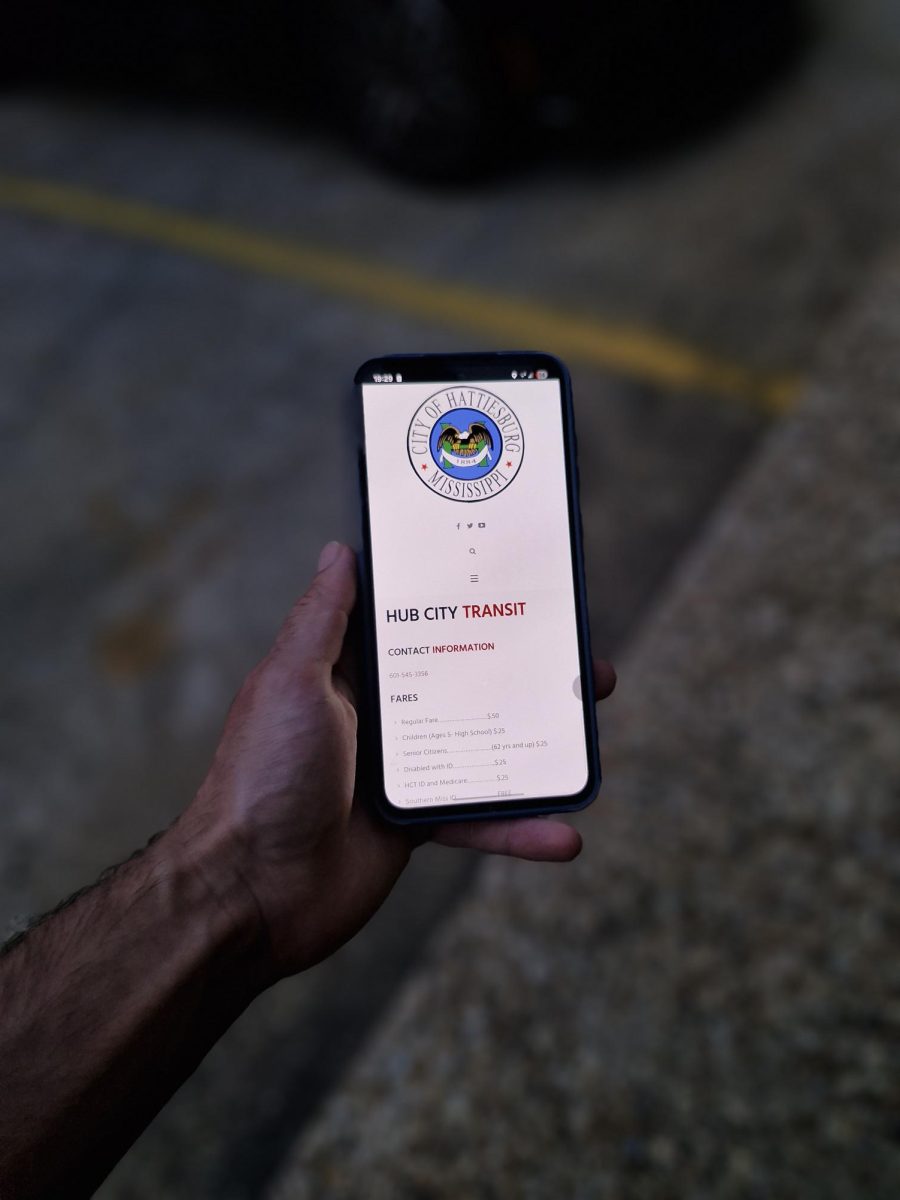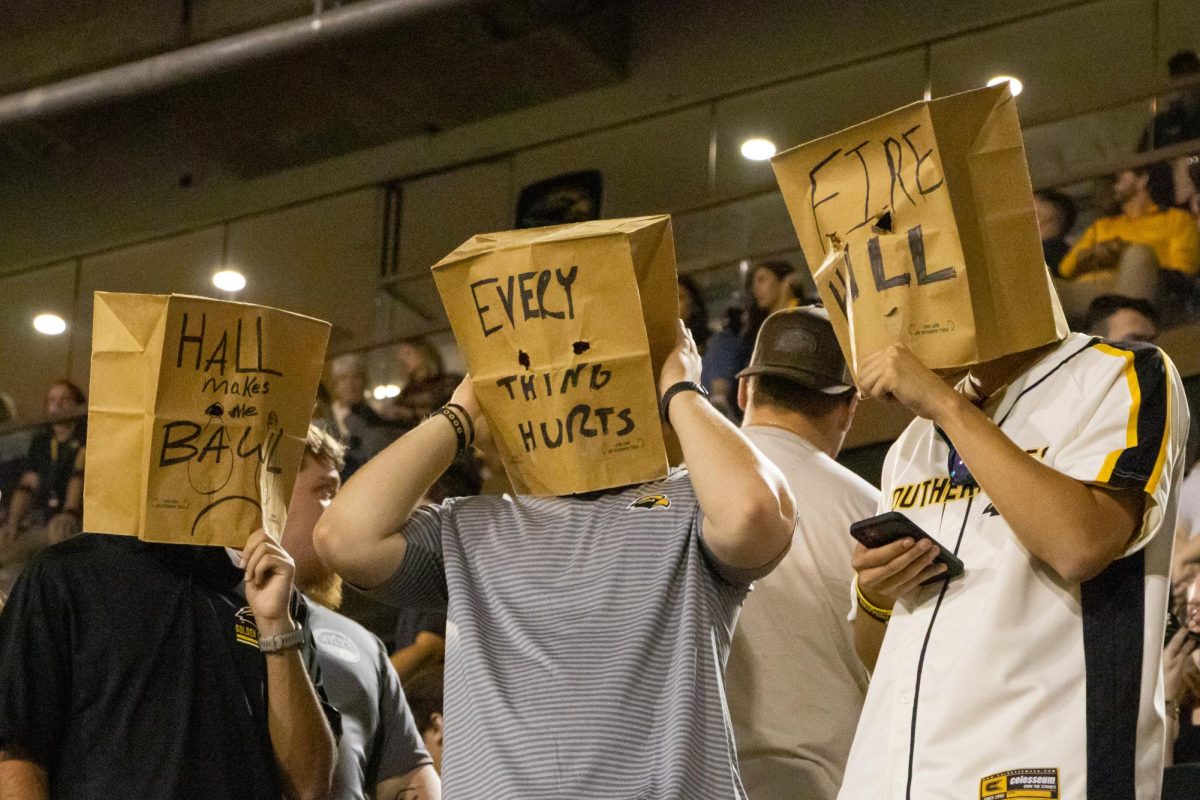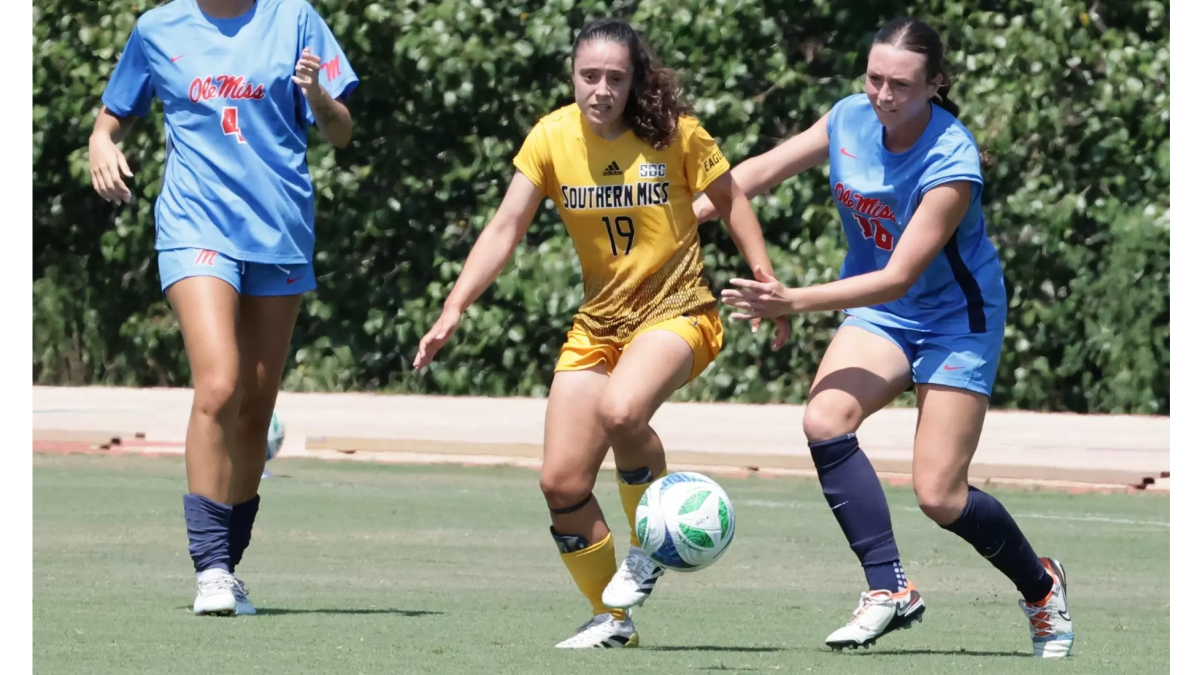In an unprecedented moment of college history, all of the classes have been moved online over a couple of weeks. Some compare this sort of disruption to what happened as a result of mayhem on campuses during the Vietnam War. Neither the faculty members nor the students had anticipated this sort of outcome for the rest of their semester. However, this chaos can be sorted out if there is good communication between professors and students.
Professors from across universities have been doing a remarkable job of adapting to online courses and continuing the teaching process. Although students complain about the inefficiency of online platforms, they should understand that faculties were not prepared for this predicament. Additionally, numerous professors did not initially use Canvas for their courses, the school-sanctioned digital platform for submitting assignments and having discussions with fellow students of the class. With such a radical shift over such a short period of time, students should be content with the results of this makeshift semester.
However, both students and professors must reach a consensus if they want to end the semester smoothly.
Professors should be less stringent on deadlines for this semester. Many students will not have internet access and a personal computer at their disposal when they are away from campus. So, professors should provide a revised syllabus for the rest of the semester accordingly. Students should be taught things that professors deem are expedient for passing the course, not the crammed version of the previous syllabus. Professor Brandon Bayne, a faculty member at the University of North Carolina at Chapel Hill, posted his revised syllabus with principles that should determine the rest of the semester. He writes, “We cannot do the same thing online. Some assignments are no longer possible. Some expectations are no longer reasonable. Some objectives are no longer valuable.”
Similarly to how the faculty members have acclimatized themselves in online teaching, students should also use online resources responsibly. They should not fret about completing assignments and should always give priority to their health. Students should also continue to communicate with their professors as much as possible over email to keep up.
Students seem to have a preconceived notion that online classes are easier than traditional classes. That is completely false. Online classes require even more work from the faculty members and more participation from the students. At this moment, students should not panic about completing every assignment even if they are totally unable to do so, nor should they approach the rest of the semester with the belief that online courses do not require any effort.
Almost all of the universities in the country have converted their semester to online courses and many of them even have adopted a new grading policy addressing this unusual circumstance. Southern Miss has introduced an alternative grade option where students can make a request to change their grades to alternative options. This will have no impact on their GPA, but provide them the credits of the courses they took this semester. This is helpful for students who are graduating this semester and do not want their GPAs to drop making them less qualified for graduate schools and the job market.
This is a learning curve for all of us, and we need to approach it as such.

